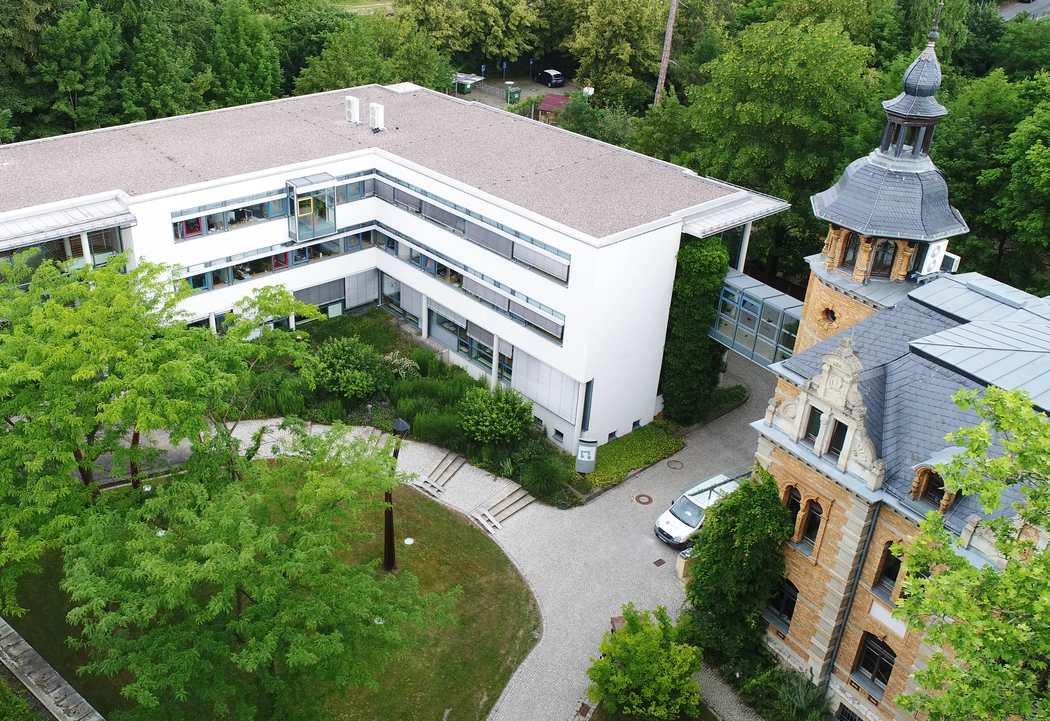How Does Writing Reflect Deep Human Preferences for Certain Shapes?
DOI:
https://doi.org/10.21036/LTPUB10570Researcher
Olivier Morin is Leader of the Minds and Traditions Research Group at the Max Planck Institute for the Science of Human History. He received his Ph.D. from the École des Hautes Études en Sciences Sociales, Paris. His research focus is on cultural transmission and touches on the relations between anthropology, psychology and the philosophy of social science. He is a journal referee for a wide variety of publications, such as Nature Human Behaviour, Biological Theory or the British Journal for the Philosophy of Science.

Original Publication
Spontaneous Emergence of Legibility in Writing Systems: The Case of Orientation Anisotropy
Olivier Morin
Published in
Citation
Olivier Morin,
Latest Thinking,
How Does Writing Reflect Deep Human Preferences for Certain Shapes?,
https://doi.org/10.21036/LTPUB10570,
Credits:
© Olivier Morin
and Latest Thinking
This work is licensed under CC-BY 4.0
